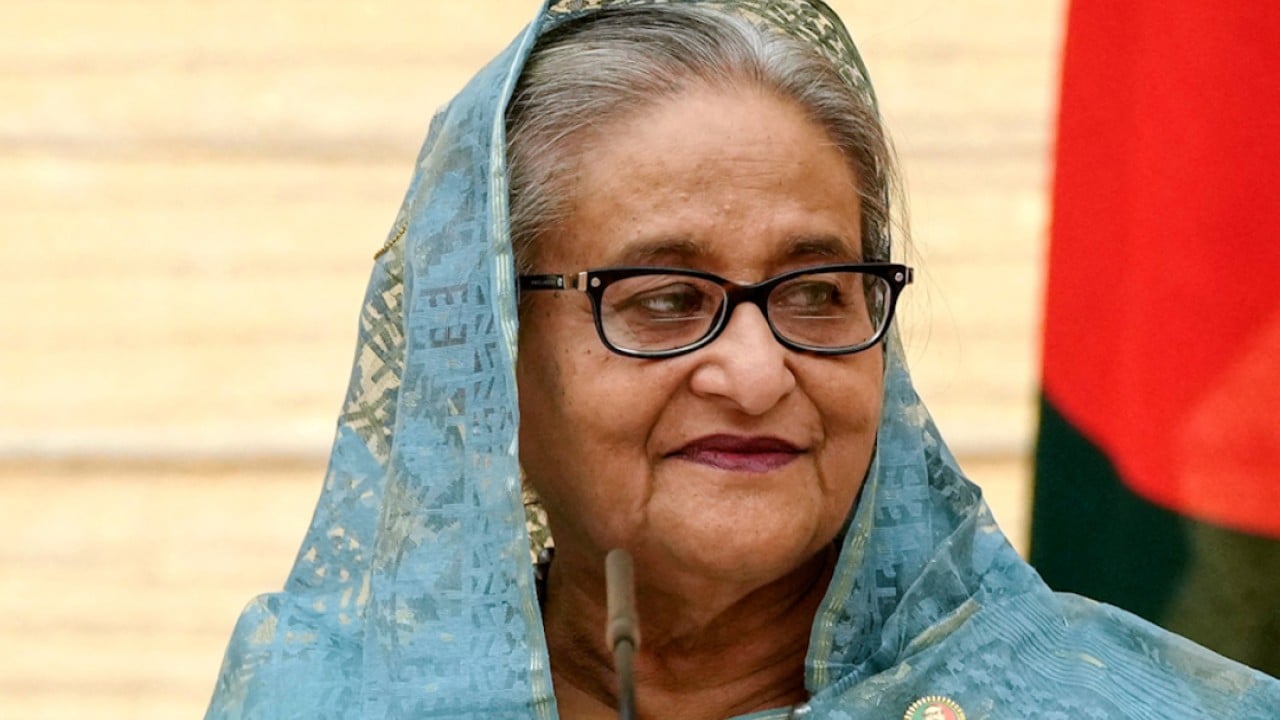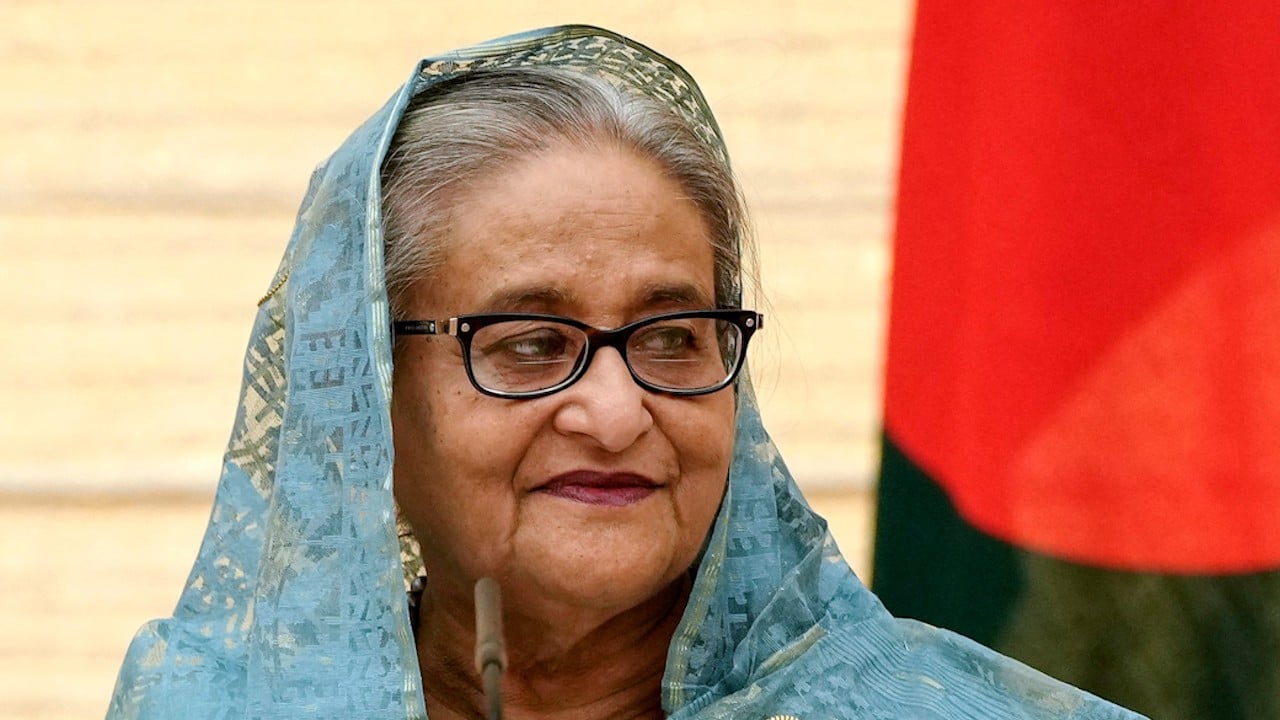Bangladesh’s Nobel-winning microfinance pioneer Muhammad Yunus has been tapped to lead an interim government after the removal of prime minister Sheikh Hasina, the country’s presidency announced early on Wednesday.
The decision “to form an interim government with … Yunus as its chief” was taken at a meeting of President Mohammed Shahabuddin, military leaders and the heads of the Students Against Discrimination group, Shahabuddin’s press office said.
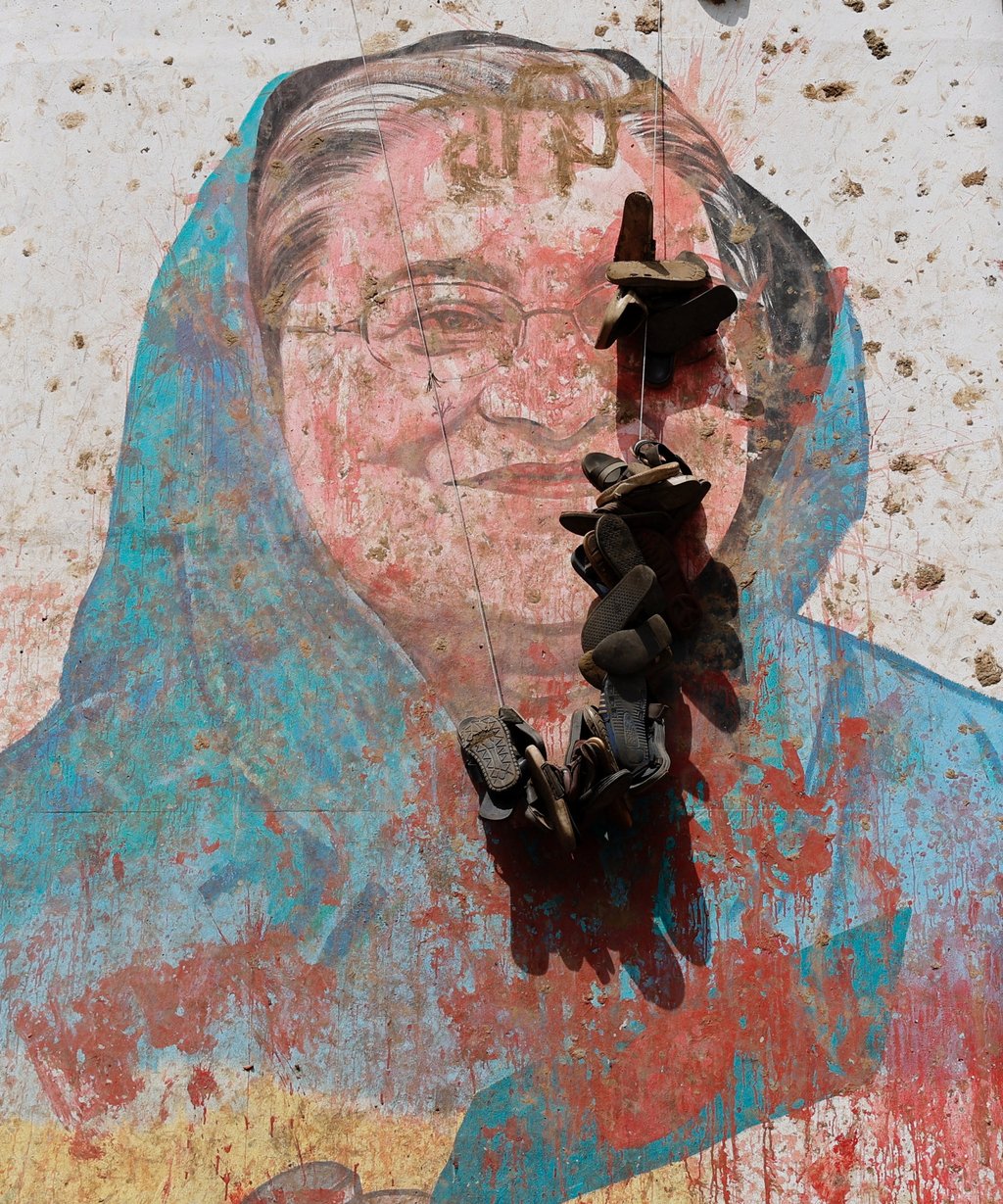
US Secretary of State Antony Blinken called on Bangladesh to respect democracy.
“Any decisions that the interim government makes, they need to respect democratic principles, need to uphold the rule of law, need to reflect the will of the people,” Blinken said after the Australia-US Ausmin talks at the US Naval Academy in Annapolis, Maryland.
Australia’s Foreign Minister Penny Wong, who met Blinken on Tuesday and recently visited Bangladesh, called on all sides to avoid violence.
“We call on all parties to de-escalate and respect universal rights, and we urge a full and independent and impartial investigation into the events in recent weeks,” Wong said.
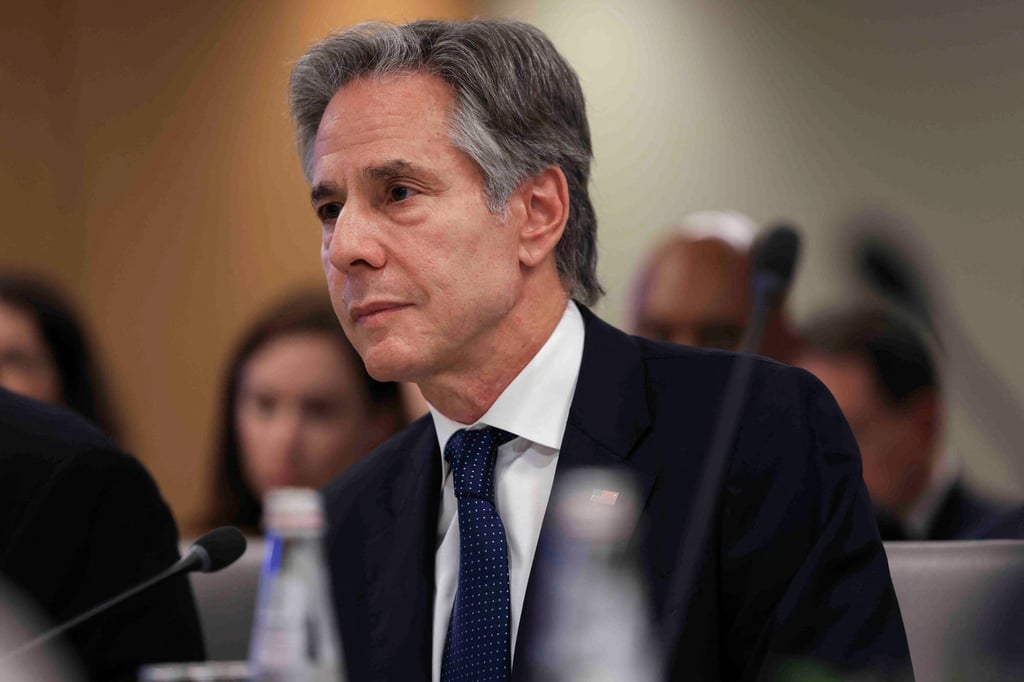
Shahabuddin dissolved parliament on Tuesday, clearing the way for new elections to replace the long-time leader Hasina who resigned and fled Bangladesh following weeks of demonstrations against her rule that descended into violence.
Shahabuddin also ordered the release of opposition leader Khaleda Zia from house arrest. Zia, a long-time rival of Hasina, was convicted on corruption charges by Hasina’s government in 2018.
On Tuesday, some senior positions in the military were reshuffled. The student protesters said they would not allow any military-backed government.
The streets of Dhaka, the capital, appeared calmer on Tuesday, with no reports of new violence as jubilant protesters thronged the ousted leader’s residence.
Some posed for selfies with soldiers guarding the building, where a day earlier angry protesters had looted furniture, paintings, flowerpots and chickens.
Dhaka’s main airport resumed operations after an eight-hour suspension.
The Bangladesh Police Association said it was launching a strike across the country because of a lack of security after numerous police stations were attacked on Monday and “many” officers were killed, though it did not give any number of the dead.
It said officers would not return to work unless their safety is assured. The association also apologised for violent police attacks on student protesters, saying officers had been “forced to open fire” and had been cast as the “villain”.
On Tuesday, as the country waited for a new government to emerge, a key student leader said protesters wanted Yunus to head an interim government. Yunus – who is currently in Paris for the Olympics – called Hasina’s resignation the country’s “second liberation day”.
He could not immediately be reached for comment, but protest organiser Nahid Islam said Yunus had agreed.
Islam said protesters would propose more names for the cabinet and suggested that it would be difficult for those in power to ignore their wishes.
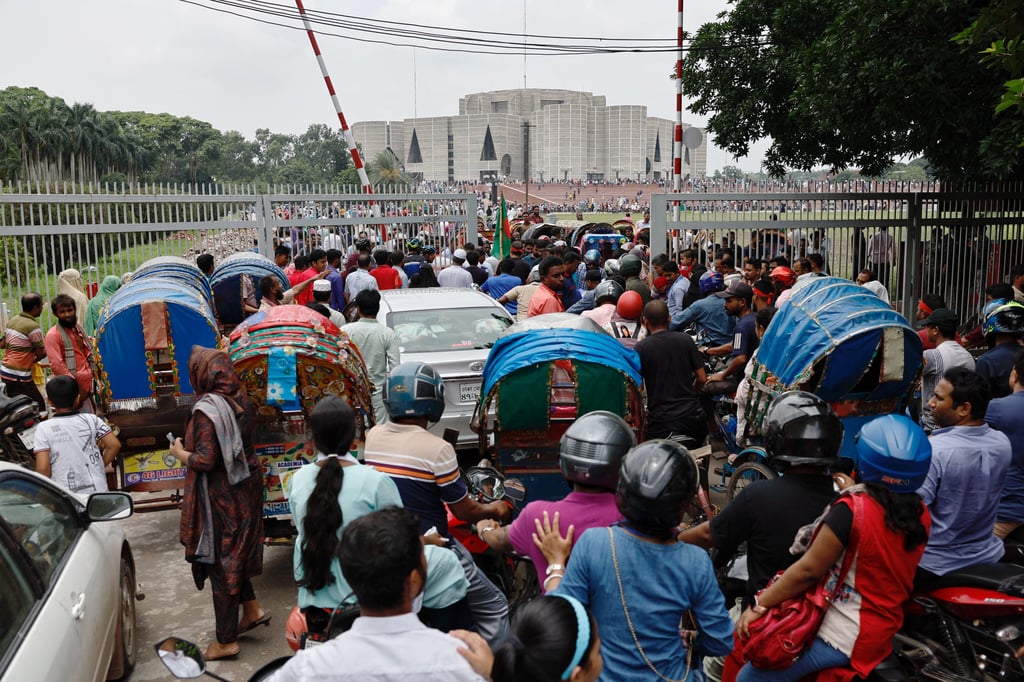
Hasina fled to India by helicopter on Monday as protesters defied military curfew orders to march on the capital, with thousands of demonstrators eventually storming her official residence and other buildings associated with her party and family.
Protests against a quota system for government jobs, which critics said favoured people with connections to her party, grew into a broader challenge to her 15-year rule, which was marked by human rights abuses, corruption and allegations of rigged elections amid a brutal crackdown on her opponents.
A bloody crackdown on the demonstrations led to clashes that left scores dead, further fuelling the movement.
Additional reporting by Associated Press


